- Our Products
- Upper Extremity
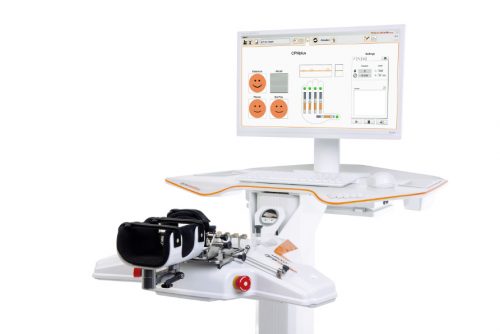 AMADEO The hand therapy world champion
AMADEO The hand therapy world champion
Boredom in finger-hand rehabilitation? Not with AMADEO! Motivation in the course of therapy is just as essential as fingers and hands are for daily life. Regardless of whether it is an adult or child, AMADEO increases therapeutic ambition with sophisticated robotics and a playful approach, and also visualizes the smallest successes in all phases of rehabilitation. Bottom line: AMADEO is simply unique.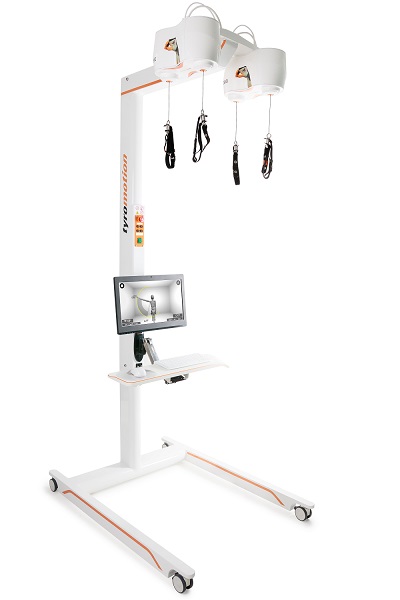 DIEGOBilaterally back to life
DIEGOBilaterally back to life
Finally go fishing again? DIEGO® skilfully assists patients with its unique intelligent weight relief. With its three-dimensional therapeutic area and virtual reality, DIEGO® enables the ideal transfer of what you have learned into everyday life – exactly with the required support. Nothing more and nothing less.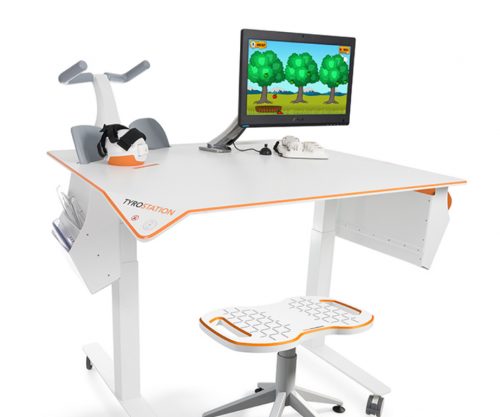 TYROSTATION Endless options, well organized
TYROSTATION Endless options, well organized
Anyone who is as versatile as PABLO® and TYMO® needs structure to really unfold. The Tyrostation is home to all individual components of our two all-rounders and also provides perfect ergonomic adaptability for every patient.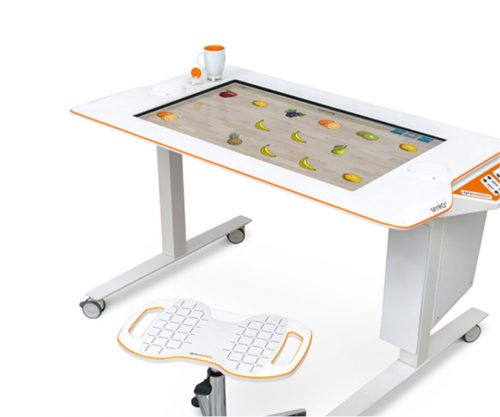 MYRO Full of variety, versatility, innovation and creativity
MYRO Full of variety, versatility, innovation and creativity
Real objects, power control, touch applications and a whole lot of fun: this is what constitutes goal-oriented, intuitive therapy with MYRO. The sensor-based surface is the basis for creative therapy which brings about meaning and self-determination in daily life.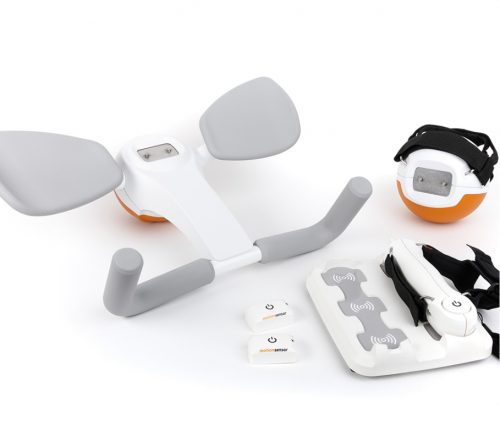 PABLO As versatile as life
PABLO As versatile as life
PABLO® is an all-rounder when it comes to activities of daily living. Position sensors and numerous accessories open up incredibly versatile therapeutic options in a safe environment for patients of all impairment levels.
- Lower Extremity
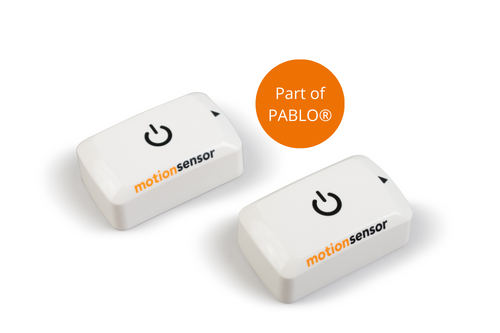 PABLO Lower ExtremityPart of PABLO®
PABLO Lower ExtremityPart of PABLO®
Always know where therapy is going
PABLO® Lower Extremity, our gait analysis and training system, precisely measures the parameters which are required for the selection of the most effective therapeutic measures for gait improvement. Simple and location-independent application as well as size-independent measurement makes the package complete – small device, great effect!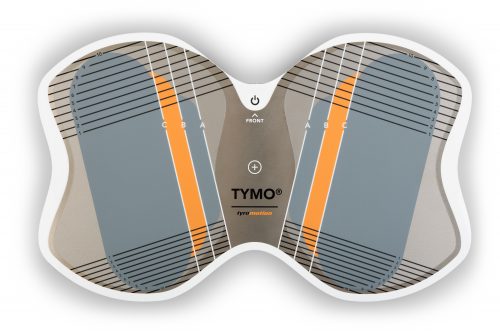 TYMO Balance in perfection
TYMO Balance in perfection
TYMO, a portable posturography system and the world’s thinnest balance platform. Flexible in application, TYMO trains postural control in a sensitive, specific and meaningful manner, and is therefore the basis of all movements. Motivation and fun are included.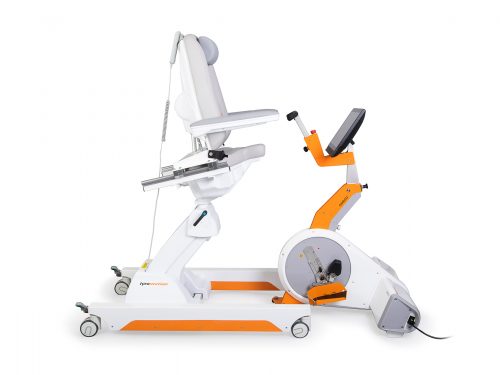 OMEGO Plus Therapy for all phases of gait rehabilitation gone motivational
OMEGO Plus Therapy for all phases of gait rehabilitation gone motivational
Two separate drives mobilize the patient in an effortless, isolated and focussed manner, and therefore make OMEGO® the long-desired stopgap between mobilization and locomotion. What else remains for patient and therapist to do? Train in a motivated manner, have fun and achieve goals. LEXOGait training at its best
LEXOGait training at its best
Maximum number of steps and intensity, low in height, easy handling and fast setup time: Impossible? It works! With LEXO® patients take the first impressive steps back to mobility and enjoy the feeling that things are finally getting better again.
- MTT-Line
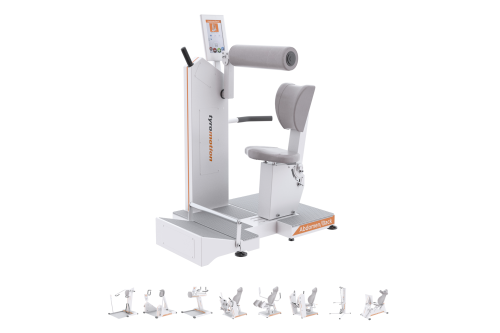 MTT-Line Medical training therapy
MTT-Line Medical training therapy
The barrier-free MTT-LINE specifically strengthens the six major muscle groups of the human body.
- Software
 TyroS The heart of our technology
TyroS The heart of our technology
Our TyroS software – developed by and together with therapists – is the heart of our technology that combines devices, know-how and therapeutic games. It is a sophisticated therapeutic system that helps challenge and encourage patients.
- Upper Extremity
Rehabilitation
Care following a stroke – Support for caregiving relatives
18. October 2022 ● 3 min. Reading time
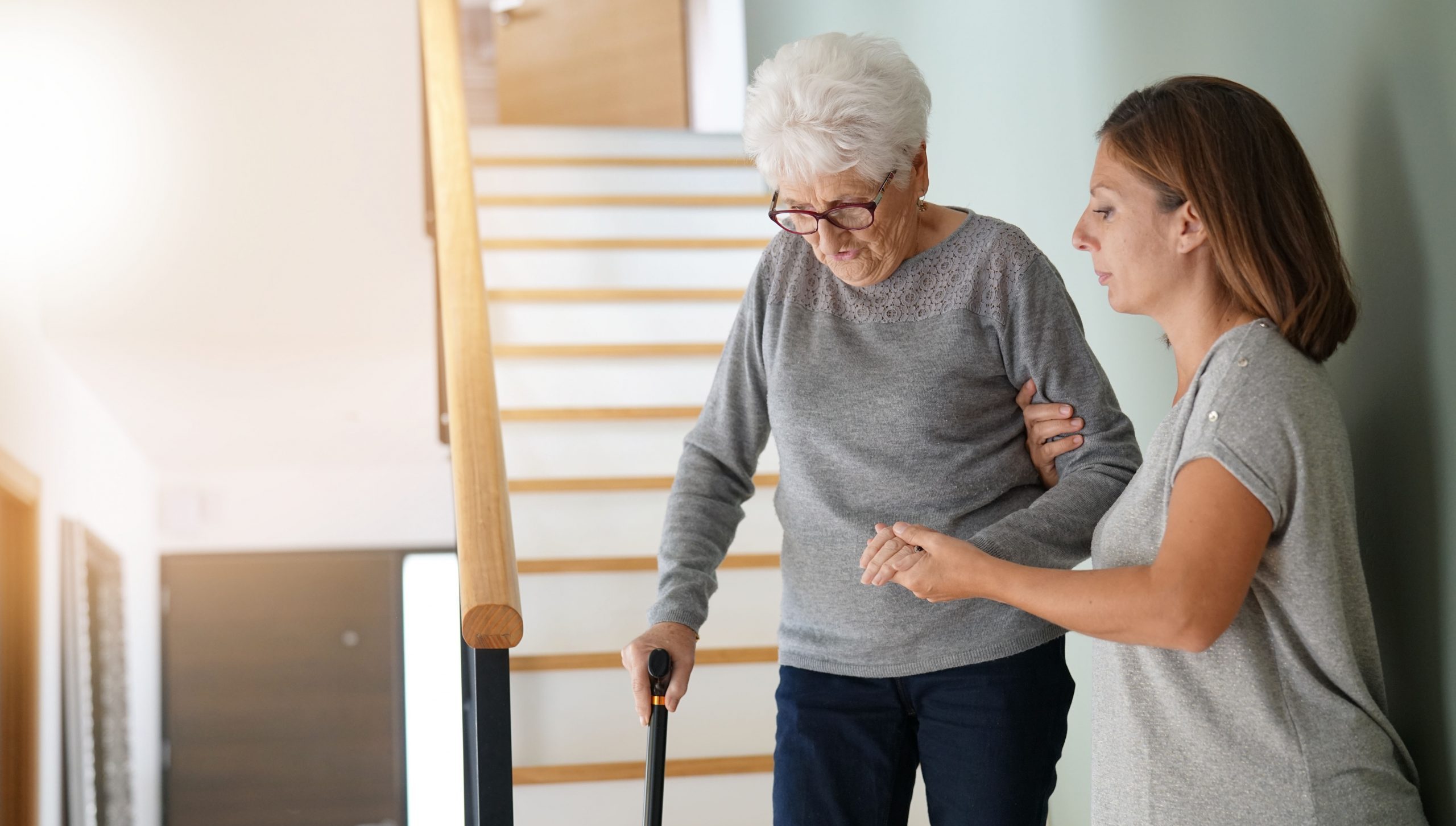
Limitations for care-dependent patients
Every patient needs different care. Impairments may affect eating and drinking, using the toilet, movements, walking, and personal hygiene. Affected patients will need help from family members or external caregivers.
Losing their independence can make the patients feel helpless. Sadness, fears, and a lack of self-confidence can further complicate reintegration into social life.
Strain on family members providing care
Family members provide the majority of home care. A partner, parents, or children are often the first to care for a family member who has experienced a stroke.
Some see this kind of care as the unquestioned natural course of action. Unfortunately, not enough attention is paid to the challenges faced by family caregivers. Caring for a family member can be a physical, emotional, and psychological strain.
Giving care requires a large amount of the family members’ time. It can be difficult or even impossible to combine care and work. Family members providing care either shoulder a double burden or put their careers on hold.
Caring for a family member can be a heavy burden and may cause exhaustion, hopelessness, fatigue, reduced physical health, depression, anxiety, social isolation, and/or financial problems.
Despite all the burdens, there are positive aspects of caring for a family member. The feeling of being needed, being able to give something back, or doing something to help are often motivators for family caregivers.
Support for family caregivers
There are several ways to support family members who provide care. Depending on the degree of care, regional infrastructure, and insurance coverage, support options may include:
- Reducing the strain on family members by exemption from work or reducing working time
- Assistants for daily tasks to offer support at home for a few hours
- Home care or support services
- Day-time care centers for the elderly
- By-the-hour care in day-time and/or night-time care institutions
- Live-in caregivers or domestic aides
- Short-term in-patient care in dedicated institutions
Social institutions or support groups offer classes for family members providing care. They provide knowledge regarding first aid, ergonomics, hygiene, medication, mental hygiene, financial support, and other topics.
Support groups for caring family members are also an opportunity for exchange and networking. Even just talking to others facing similar challenges can help.
Caregiving family members need to make sure that they look after themselves and seek support when needed.
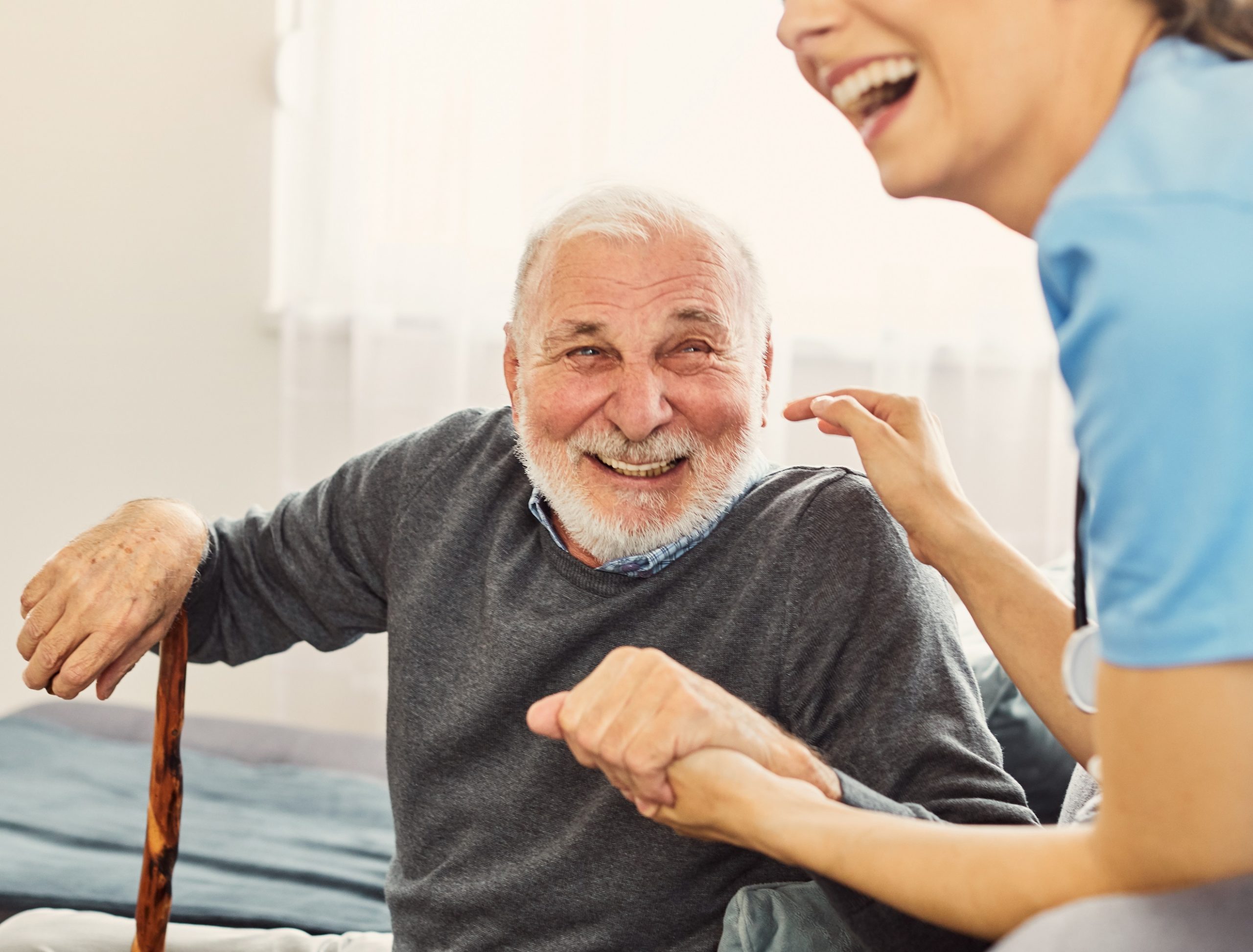
Professional caregivers ease the burden
Having an external caregiver provide care for a patient with stroke at home can be a tremendous relief. External caregivers help with personal hygiene (washing, dressing and undressing), prepare meals and assist with eating if necessary. They mobilize patients, help them get up, sit up or change position in the bed.
A professional caregiver can become an important contact person for patients and their families. They can educate and give advice regarding accessing financial, psychological, and legal support. External staff has enough distance not to let daily challenges become too personal. Family members are often hindered by emotions that can complicate care.
Professional caregivers are not responsible for household work or medical tasks.
You might also be interested in
4. April 2023
Health
Rehabilitation
Stroke nutrition guidelines for optimal health
Nutrition as the key part in health and well-being of stroke survivors A healthy, balanced …
21. March 2023
Rehabilitation
Kinesio taping in neurology as a useful therapy supplement
The Kinesio tape and its usefulness in neurological therapy What was originally known only from …
7. March 2023
Rehabilitation
Exercises against freezing of gait in Parkinson’s disease
When the legs freeze – how does the symptom “Freezing of Gait” manifest itself? Parkinson’s …








